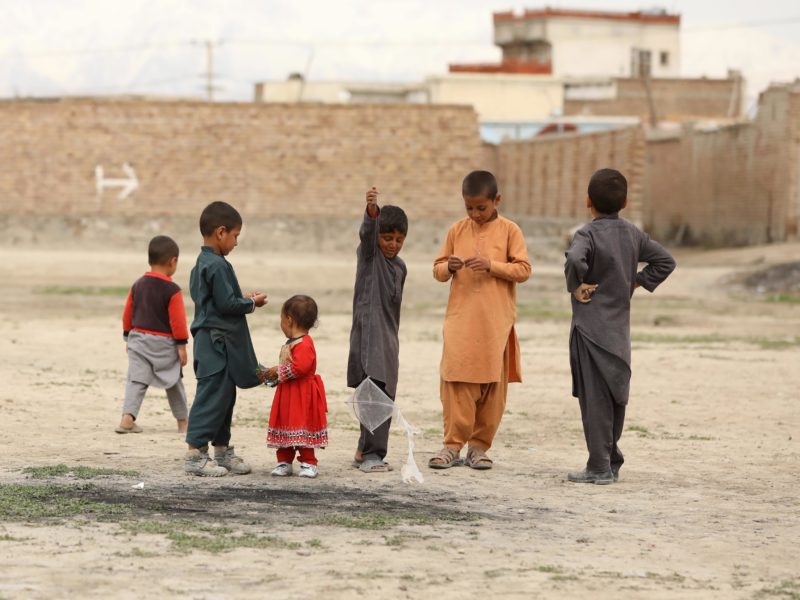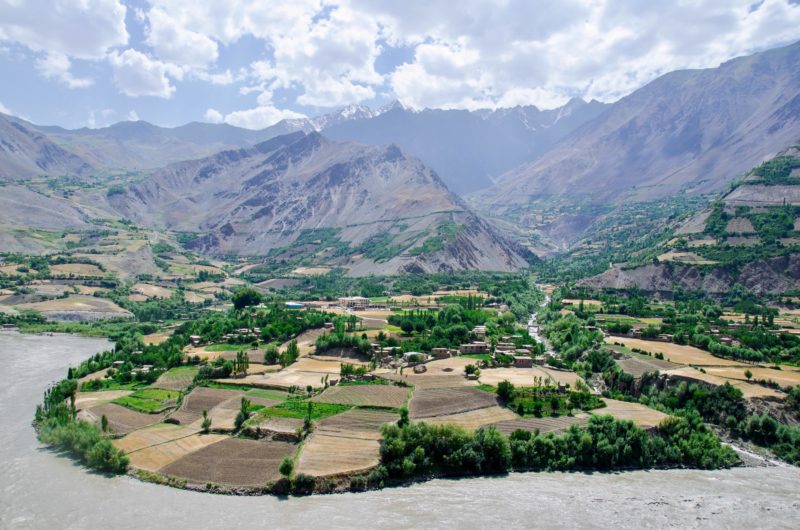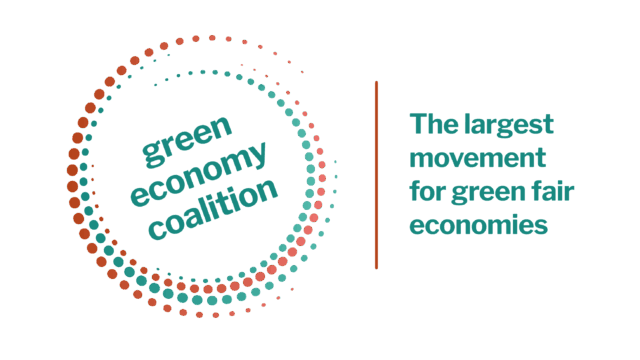What next for Afghanistan?
Our Dialogues Director reflects on his years working under the Taliban, and explores how society and power in Afghanistan have evolved since

It has been 20 years since I bid farewell to Afghanistan – a country that was my home for much of the 90s. When I left in 2001, the Taliban were still firmly in charge, and as protocol required for the head of a foreign aid agency, I paid a final visit to the offices of the ministers and departments who had offered us space to provide vital services.
It was a bittersweet moment, for some Taliban Ministers had been dreadful, while others had taken risks to make vital work continue. While some had battled to close Home Schools that taught girls, others had fought to permit us to employ women in approved spaces and keep staff safe. I had a strong sense that the Taliban were more diverse in their views than was broadly recognised, and tensions were growing between the pragmatists and the traditionalists.
At the heart of this lay a form of social contract between rulers and ruled. The Taliban were relatively few and required public support to remain in power. Chasing us away was not always an option because our work was valued by the people. And when the people came out on the streets to protest when government crossed certain lines, I saw the Taliban back down and negotiate.
I hoped then that I was witnessing the start of a post-conflict tango between tradition and reality. While their words were harsh and their actions profoundly disturbing, there were indications that the Taliban could not continue to rule by edict indefinitely. Put simply, the people would not allow them free rein. Having spotted this, it was imperative that we learned to put Afghan people and their decision-making processes at the heart of all we did.
For example, when the Minister of Education demanded that we close Home Schools that taught girls, he could not; for Home Schools were owned by parents who ran them for extended family groups – not by my organisation. And tradition deems family space inviolable. These were seeds of hope.
Afghanistan in a changing world
I did not know at that moment that this was in fact the last month of Taliban rule. The attacks on the World Trade Centre changed all that, and for Afghanistan heralded a period of war, occupation and attempted rebuilding. Today, the Taliban are back in charge, emboldened by their recent win. While it looks like Afghanistan is back to square one, there is a big difference. The last two decades of development and change have left a mark on Afghans and on the Taliban.
I wonder whether the new Minister of Education can read or write, unlike his last clerical predecessor, who couldn’t. Or will the National Environmental Protection Agency be abolished in favour for a resumption of the Department of Promoting Virtue and Suppressing Vice – the Religious Police?
“ No policy lasts for long when no-one wants it. They cannot last unless there is sufficient power to perpetually enforce them, and such power only comes from people.”
Perhaps. But the last 20 years have brought hope for women and youth in Kabul and other cities. While the NATO era has collapsed with the withdrawal of foreign troops, nonetheless it has left its mark. Afghans now want very different things because they were reality until a month ago.
In the last 20 years, Afghanistan’s population has doubled, and Kabul’s population has multiplied by 9 times. Urban economies and spectacular population increases have been enabled by banks, reliable electricity, transport and investment. Thousands of young women and men rose to transcend the limitations of tradition in politics, civil society, business and media. Many more participated in city life and hope was palpable.
That has now gone. Grief, anger and fear predominate, and are extraordinarily expressed by young people. So far, they have reclaimed the national flag and forced the Taliban to raise it once again on the tower of the Arg – Afghanistan’s Presidential citadel. Women now risk their lives to protest their rights. The spirit of women and youth remain.
The mores of social contract do not change because, like the laws of nature, they are immutable. No policy lasts for long when no-one wants it. They cannot last unless there is sufficient power to perpetually enforce them, and such power only comes from people.
Environmental pressures shape economic reality
Afghanistan sits in a fragile ecosystem now under severe threat from climate change. Afghanistan’s food supply is dependent on a river network fed by winter snowfall that is rapidly diminishing year on year. While Afghans bemoan the loss of their economy and government, they also know that without water, their capital will truly die, summed up in a proverb “may Kabul be without gold rather than snow”. It is for this reason that Afghanistan’s social structures possess very effective water management and governance traditions where local knowledge underpins water regulation and distribution. It has stood for centuries and can stand for centuries more.

While we see Afghans fleeing, many are returning to their ancestral villages. The urban economy can no longer pay enough to eat, and pressures on land will now surely rise. As with many fragile arid ecologies, historically Afghans have managed land pressure through seasonal migration, herding flocks of sheep and goats to graze on Afghanistan’s expansive steppes. Others settled by water courses to grow grain and fruit.
Afghan traditions reflect this pastoral history. Descriptions of Afghan paradise always include bread, kebab, grapes, mulberries and lashings of yoghurt – all things that are founded in the gift of nature, but require human grit and adaptation to produce from the arid ecosystems of Central Asia.
These rural communities gave rise to a complex social order of families, clans and tribes – each in negotiated space with one another. It was a man’s world, where women ruled indoors but were severely constrained outside the home. There were rules and everyone understood them. Women had little choice but to accept them.
But change did come. History tells us that modernising change in Afghanistan only happened when led by Afghans themselves. It was under the reign of Dost Mohammed Khan in the mid-19th century that the boldest advances for modernisation happened, despite opprobrium and invasion from the British. And in the 1920s King Amanullah earned international ridicule when he pinned his hopes on education-for-all.
Planning for the future of Afghanistan
In this moment of turmoil and uncertainty, it is time to be smart. Afghanistan faces huge challenges. In the short term, the rural economy is likely to become critically important. Climate change and pasture degradation will challenge the land of milk and honey. Existing social institutions and traditions can assure wellness of the whole, but women and girls will suffer greatly.
We now know that we need to be green to survive. The challenges that face Afghanistan require proper stewardship of nature, proper inclusion, fair and equitable access to resources, reformed financial systems that invest in a greened economy, sustainable production and consumption and governance that measures what matters. As well as this, Afghanistan will need to resist a new round of foreign agendas who will surely seek to reform them on their terms. This is quite a mouthful and I wonder if it will prove too much for the Taliban to chew.
“ While it looks like Afghanistan is back to square one, there is a big difference. The last two decades of development and change have left a mark on Afghans, and on the Taliban too.”
The people hold the key, and we would do well to support them. Our support must be driven by their agendas. The Taliban too know that they need the people. But they and Afghans everywhere rightfully feel suspicious and angry at the behaviour of outsiders, who each pursued agendas that were self-serving.
Afghans take a fierce pride in doing things on their terms, and are allergic to external coercion, as successive foreign powers have found to their cost. A 14th century poem by Hafez notes that:
جنگ هفتاد و دو ملت همه را عذر بنه
چون ندیدند حقیقت راه افسانه زدند
Seventy-two nations war, their follies let pass
Not seeing the truth they took fable-paved paths
It seems quite prescient that the nations today could not see the truth of the Afghan people, and thus created their own myths and “fable-paved paths”. It is this that has caused the collapse. But if we learn to see the truth of Afghan capability, our engagement could in fact be more helpful, and more welcome.
A green economy is perhaps a good place to start, for it aims to builds fair sustainable prosperity within ecosystem limits. What better place to start than with those who must now confront the consequences of out-migration, a return to the land and the development of a new social contract with their new rulers. We may find the Taliban distasteful and even unconscionable. But Afghans now have few other choices.
- Stuart Worsley, Green Economy Coalition


